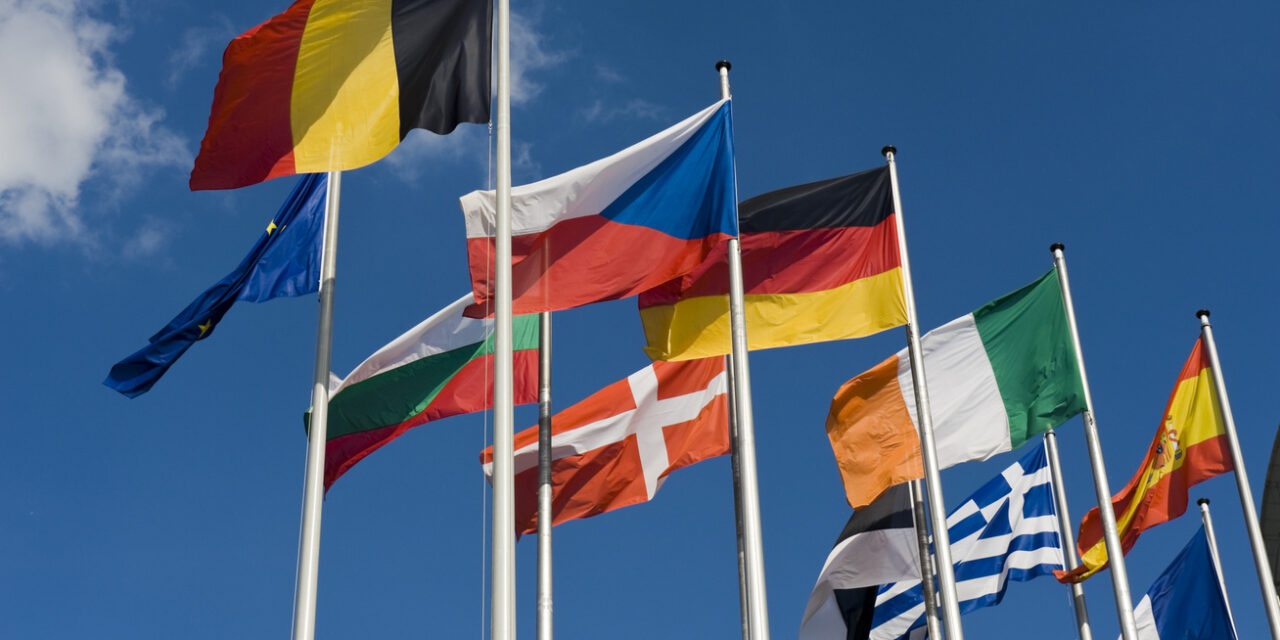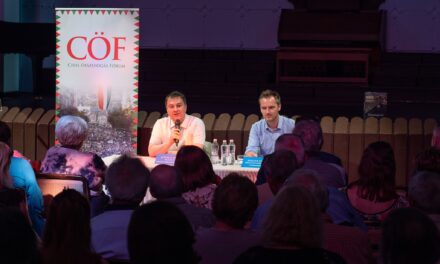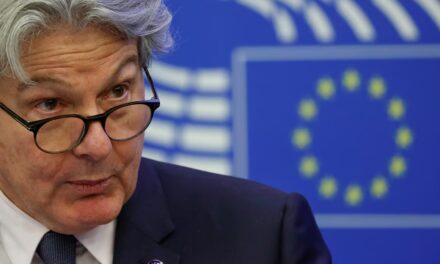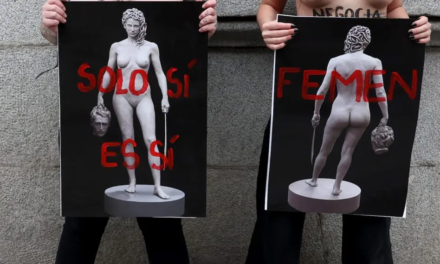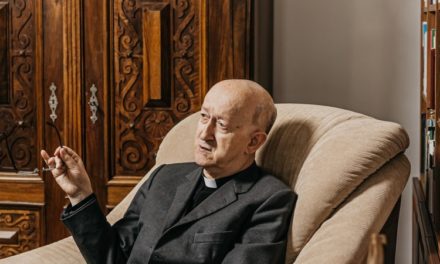Review of József Szájer's article "Resurrecting the Europe of Nations".
"There can be no other Europe than the Europe of [nation] states," French President Charles de Gaulle declared at a press conference in Paris on May 15, 1962, after the Council of Ministers of the European Economic Community (EEC) decided to speed up the integration process stipulated in the Treaty of Rome. .
From the end of the Second World War until the end of his term as head of state in 1969, the French head of state worked on the unification and close cooperation of European states - he saw the possibility of increasing European power in this - but at the same time he firmly rejected the idea of abolishing national sovereignty and making community institutions supranational ( supranational) nature.
He wanted to realize a "Europe of nations", a European community in which the member states cooperate closely on the economic and political level through frequent intergovernmental consultations, but in the meantime - among other things through unanimous decision-making - preserve their sovereignty and freedom.
József Szájer analyzes the official program of this historically significant work, the details of the Fouchet plan, in an exact way: his gap-filling study during the period of more than 60 years that have passed since the rejection of the De Gaulle concept, the original the functioning of the European Union, which is gradually moving away from its basic principles, and suffering from a state of permanent crisis as a result of its self-abandonment and federalist goals.
While in the context of the historically significant opportunity for a change of direction based on the self-determination and freedom of the nation-states, it also lays the foundations for a rethinking of integration based on its own basic values, drawing attention to the universal truth that the success of the present (reforming the union) is a prerequisite for knowing the experiences of the past and learning from them. Construction.
As an introduction, the author presents the root causes and goals of the plan marked by Christian Fouchet, the French ambassador to Denmark, officially called "Traité établissant une Union d'États" ("The Treaty Establishing the Union of States"), showing a clear parallel between Charles de Gaulle's past and the among the current aspirations of sovereignist European political forces.
Indeed, shortly after the Treaties of Rome establishing the European Economic Community (EEC) and the European Atomic Energy Community (Euratom), which entered into force on January 1, 1958, the French head of state and leadership raised serious concerns regarding the direction of integration.
Seeing the operation of the community's institutions, their concerns grew that they were dominating the members, they felt that their freedom of action was limited. Among other things, the overly ambitious behavior of the joint court caused their displeasure. Prime Minister Viktor Orbán characterized this phenomenon, which still exists today, at the press conference held after the Budapest meeting of the European Political Community (EPC), the biggest diplomatic event in Hungary's history, as "judicial activism" that obstructs the intentions of democratically elected sovereign leaders of member states .
The purpose of De Gaulle's plan was to reform the common institutions, which were already overpowered, by shifting the direction of integration from federalism to confederation. According to his ideas, the main decision-making rights would have been with a body made up of the governments of the member countries, operating according to the principle of consensus decision-making - that is, every member state would have had the right of veto in every matter, thus creating a politically unified, autonomous European community based on sovereign nation-states.
However, the leaders of the countries that joined the economic community (Six: Belgium, France, the Netherlands, Luxembourg, Germany and Italy) did not accept (1962) the plan of the French head of state to preserve national sovereignty and European integration at the same time, a decision that József Szájer describes in his study on the European project evaluates as a critical turning point. Not only because with this decision the leaders of Europe at the time missed the historic opportunity to create a Europe based on sovereignty, but also because in the time that has passed since then, an alternative European program with a significant political background against the federalist trend could not be created: "they did not allow the get to the negotiating table once more".
The rejection of the concept of De Gaulle's Europe of Nations is undoubtedly a departure from the original principles and goals of European integration - that is, from the cooperation of the sovereign nations that make up it for mutual (primarily economic) benefits along the lines of the values of equality, voluntarism and mutual respect - zero can be evaluated as a step.
The author emphasizes that the reason for the current crisis situation of the European Union is that these original principles have "today been distorted into a master plan of power", which can indisputably be traced back to the fact that the citizens of Europe have never, nor even today, had a say in the process of European construction: "the European project turned its back [...] on the most important European achievement that created it, a tradition of thousands of years, democracy and freedom". At the same time, he warns that less than 70 years after the rejection of President De Gaulle's plan for a Europe of nations, those who cherish the imperial plan of the United States of Europe only have to remove a few - mostly foreign and security policy - issues, remnants of national sovereignty, out of the way so that one day achieve their seemingly utopian goals.
At the same time, József Szájer not only diagnoses the causes of the crisis, but, reaching out to the legacy of the Fouchet plan, he also creates the foundations for rethinking the new free, democratic, common Europe in its spirit. As the starting point of this reform, it indicates the examination of all common institutions of the union, all powers that exist on paper or in reality. In doing so, he recommends the application of two simple tests: the test of reasonableness, that is, is European authorization necessary to perform the given task? Also, the test of will, i.e. do the individual European member states wish to include the given issue in decision-making at the European level (again or anew) or not?
"But why would the leaders of the Union change, if their self-confidence was not shaken despite the series of crises and failures?". The author rightly asks the question, to which he immediately gives the answer: "Only strength. The power of democracy and freedom. Votes of European citizens'. And he sees this strength in the European Patriots, showing the sharp difference between the past and the present, the committed "lone warrior" of national sovereignty, President Charles de Gaulle, and the current possibilities of the growing European alliance of sovereignist political forces.
In one of Le Monde's previous articles on Hungary, the author directly compares Orbán's policy to that of French generals: "Like General Charles de Gaulle, the Hungarian prime minister embodies a break with the past and proclaims the return of a strong state. The historical figure of the opposition to the communist regime is now attacking the missteps of capitalism". De Gaulle rewrote history in his own way (Maurice Vaisse), as Orbán is doing on a supranational and national level. He was characterized by a strong, patriotic conception of the state "against traditional errors" , just like Orbán.
The general deeply believed that the confederation of sovereign European nations was the key to the continent becoming great, as did Orbán. Charles de Gaulle was a defining politician and statesman of his country for several decades - and if we could talk about Gaullism at that time, then it is timely to realize that the XXI. in 19th-century Europe, this is probably now called Orbánism. With the premise that Orbán did not come to abolish it either, but rather to "perfect the law."
The above can also confirm that, with the recent formation of the Patriots for Europe faction, power has also appeared in an organized political form on the political map of Europe. The force which, along the lines of Charles de Gaulle's intellectual heritage, and learning from the experiences of the past, can take advantage of the historical opportunity - which was once missed - and, assuming the responsibility, can create the program of Europe based on national sovereignty, thus reshaping it in 1962 led the European Union astray.
Author: Dr. Jr. Zoltán Lomnici
Source: Basic Law Blog
Photo: Getty Images

